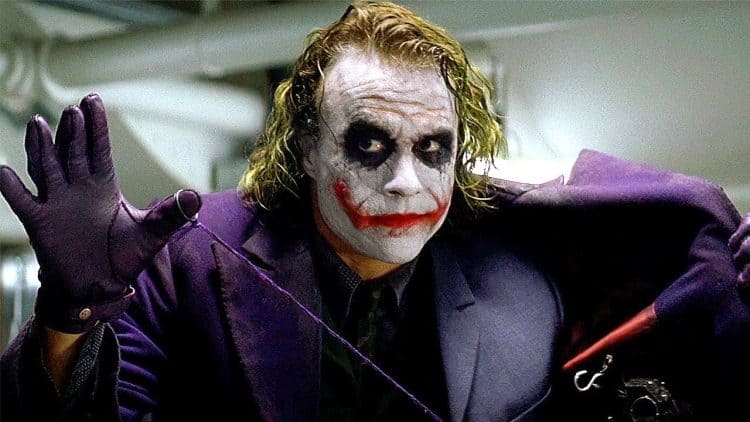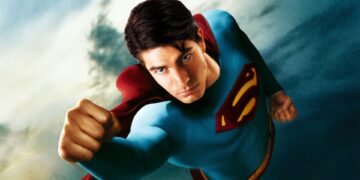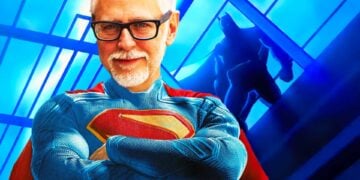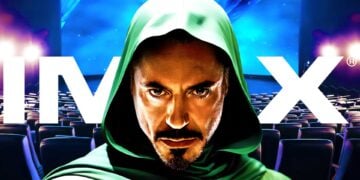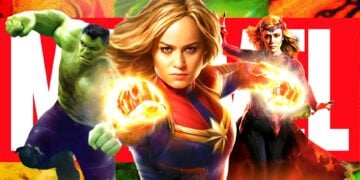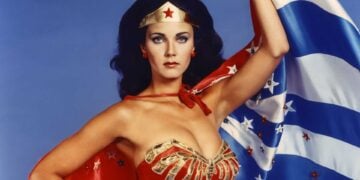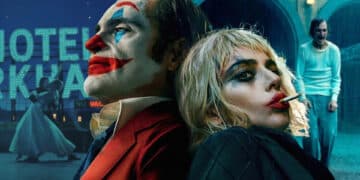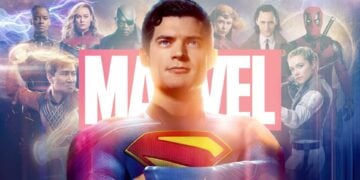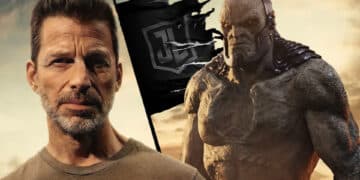Comic book movies weren’t always seen the way they are today. In the past, they received about as much respect as Film Twitter has for itself, i.e., none whatsoever. But Christopher Nolan’s The Dark Knight changed it all, not just for DC or Batman but Marvel as well.
No one expected The Dark Knight to have the significant cultural impact it had. It was coming off the release of 2005’s Batman Begins, which is often cited as a fantastic film (some might argue that it’s even better than the sequels that followed it) but not one that captured the zeitgeist. Of course, the death of Heath Ledger and the rumours of how his method acting led to his untimely passing played a big part in building up a morbid fascination for the film. (Though, those rumours have since been proven to be completely false.)
What truly stood out was how The Dark Knight brought in over $1 billion, becoming the first comic book movie to achieve this extraordinary feat. Now, cape sh*t had always been a lucrative money-maker in the past, but no studio had ever expected to see Scrooge McDuck-type of money here. This was an achievement that sent shockwaves throughout the industry, announcing a new dawn—pardon the pun.
Suddenly, those lizard people in suits that greenlight movies saw how valuable comic book properties could be. Everyone wanted in on the superhero business, gobbling up characters quicker than the stars of Fake Taxi. Let’s face it, the fact that shared universes are now a major thing, and there are more comic book shows on TV than you can count, is all due to The Dark Knight‘s financial success.
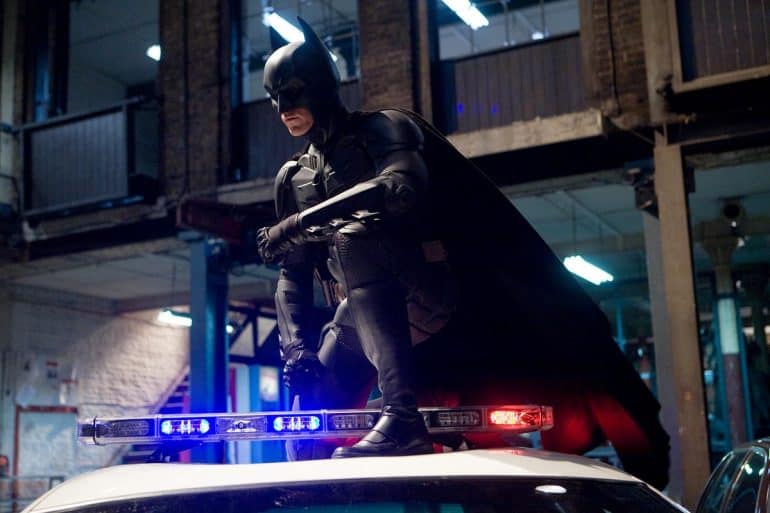
Money aside, Christopher Nolan’s masterpiece proved something else: comic book movies could be serious. As mentioned before, superhero films weren’t always respected or seen in a positive light. They were seen as hokey or strictly for kids. No one viewed them too seriously or had huge expectations for riveting storylines or compelling characters.
Well, The Dark Knight flipped the script. Borrowing more from Michael Mann’s Heat than Joel Schumacher’s Batman & Robin, it charted new territory and refused to stick to traditional superhero tropes and safe zones. It showed that comic book movies can live within other genres and subgenres too, while never sacrificing the essence of the characters.
More importantly, it was recognised by the industry, receiving eight Oscar nominations and ultimately winning two. This was the sort of achievement you’d expect from the typical Oscar-bait films that no one ever watches, not a comic book movie that pulled in over $1 billion. But Nolan defied the odds and changed the landscape for everyone else, showing that artistic integrity can exist within a blockbuster film.
While the Marvel Cinematic Universe (MCU) might get all the plaudits now, it’s unlikely that the investment in it would have been what it was had it not been for The Dark Knight‘s trailblazing ways. The 2008 movie wasn’t just a financial and fan success, but it transcended the imaginary boundaries between comic book and film fans. It made superheroes cool again in the eyes of the mainstream—something that no one had thought possible until then.
The Dark Knight changed everything for the genre (and for Batman). While other comic book movies might make more money or receive more attention, they’ll never have the impact that this film had.
It’s cinema at its purest, and Martin Scorsese is likely a fan of it, too. We bet he isn’t campaigning for The Dark Knight 4 like the rest of us.
Tell us, do you think The Dark Knight is responsible for changing comic book movies?

